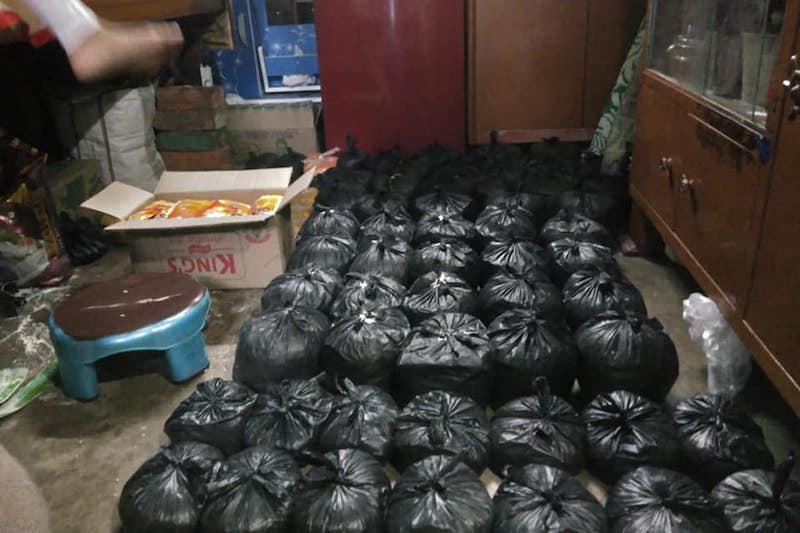Now a global pandemic, COVID-19 has affected almost every country in the world, sickening populations of people and overwhelming healthcare systems. While we all must practice social distancing in order to slow the spread and “flatten the curve,” our clubs around the world are still finding ways to create compassion, connection, and community in their regions. This is especially true in India, where a 21-day countrywide lockdown was announced last week, restricting outdoor activities, public and religious gatherings, and all non-essential economic activity. As a result, in many cases five or six people are forced to stay in one small room—making it hard to stay inside due to lack of space. The lockdown also means that India’s workforce—mostly made up of daily wage workers—faces the inability to feed their families. The threat of hunger now looms larger than the coronavirus.
In the face of this crisis, Play for Peace’s Arzoo Shakir, a mentor from the Disciples of Peace club in Kolkata, India, is working hard to help the community. Since most of the local people work as cobblers, hotel workers, rickshaw drivers, and in small paan and tea shops, the majority earn daily and spend daily. People don’t have any savings. A widespread panic now exists in the community, as the markets have closed and people do not have disposable money to spend on essential needs, such as food and medicine. Shopkeepers are also unable to give out supplies to people who do not have the money and would like to borrow the items (which is a common practice). The grocery supply promised by the government has not reached everyone in the community. This made Arzoo and her fellow club members wonder, “Who will take care of these people—neither the government nor us?” Seeing that many families are going to bed each night without food in their bellies, they decided they must do something.
Arzoo and the Disciples of Peace club talked to many people in Kolkata and brainstormed ways they can support the community. With the help of many dear friends and fellow community members, the Disciples of Peace Club has been able to provide support to 125 families (about 700 to 800 people!) for five days of meals. We are amazed by the compassion and action of our club in helping these families, so they don’t have to worry about their next meal. While the future may be uncertain beyond those five days, our club members are already working on how they can help in the future, figuring out how much food is needed to ensure that these vulnerable families do not go hungry. We at Play for Peace thank the many generous people who have provided support to these families—it is in times like this that compassion, connection, and community are needed the most.



